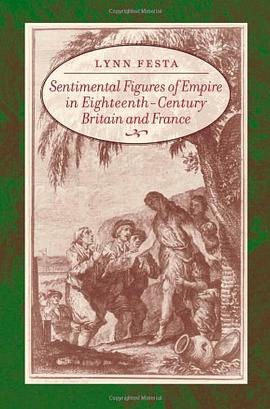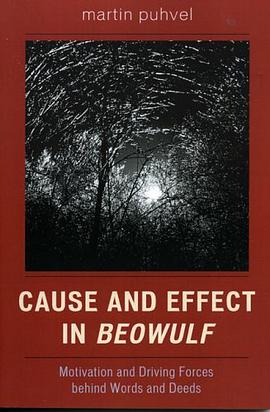

具體描述
In Victory of Law, Deak Nabers examines developing ideas about the nature of law as reflected in literary and political writing before, during, and after the American Civil War. Nabers traces the evolution of antislavery thought from its pre-war opposition to the constitutional order of the young nation to its ultimate elevation of the U.S. Constitution as an expression of the ideal of justice-an ideal embodied in the Fourteenth Amendment. Nabers shows how the intellectual history of the Fourteenth Amendment was rooted in literary sources-including Herman Melville's Battle-Pieces, Harriet Beecher Stowe's Uncle Tom's Cabin, and William Wells Brown's Clotel-as well as in legal texts such as Somerset v. Stewart, Dred Scott v. Sandford, and Charles Sumner's "Freedom National" address. Not only were prominent writers like Ralph Waldo Emerson and Frederick Douglass instrumental in remapping the relations between law and freedom, but figures like Sumner and John Bingham helped develop a systematic antislavery reading of the Constitution which established literary texts as sources for legal authority. This interdisciplinary study sheds light on the transformative significance of emerging legalist and constitutionalist forms of antislavery thinking on the literature of the 1850s and 1860s and the growing centrality of aesthetic considerations to antebellum American legal theory and practice-the historical terms in which a distinctively American cultural identity was conceived.
作者簡介
目錄資訊
讀後感
評分
評分
評分
評分
用戶評價
相關圖書
本站所有內容均為互聯網搜索引擎提供的公開搜索信息,本站不存儲任何數據與內容,任何內容與數據均與本站無關,如有需要請聯繫相關搜索引擎包括但不限於百度,google,bing,sogou 等
© 2026 qciss.net All Rights Reserved. 小哈圖書下載中心 版权所有




















